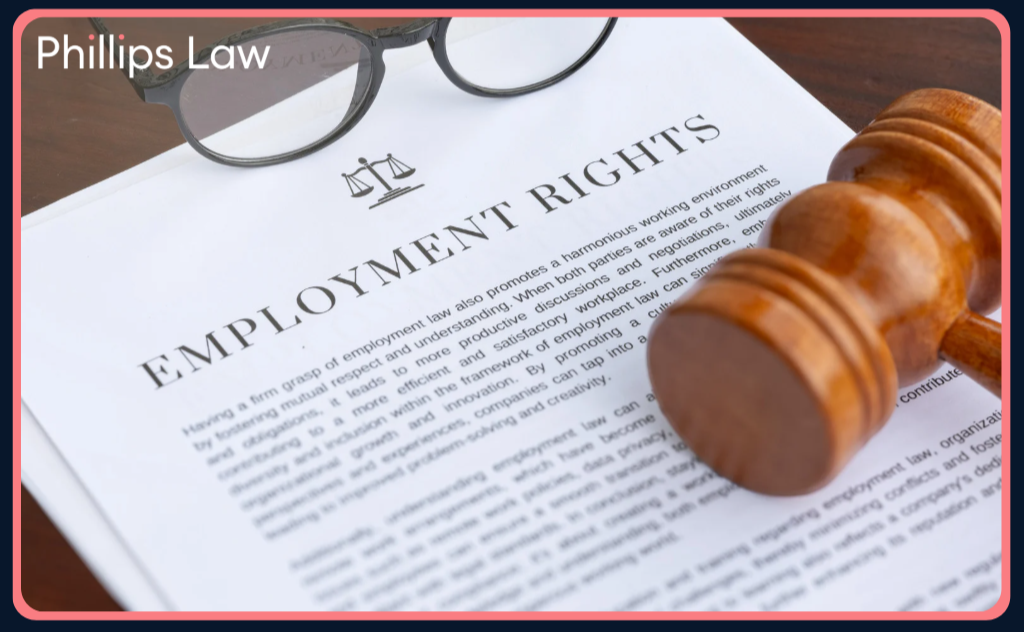When you lose a loved one it is an emotional time and handling the administration of an estate can seem like an overwhelming task. Our Estate Administration and Probate Solicitors ensure that estates are distributed in accordance with the Will, or under Intestacy Rules if there is no Will.
We have extensive experience handling probates. Our focus is on providing excellent levels of client service delivered sympathetically so we make the estate administration process as stress free as possible.
Get in contact today
Our highly experienced solicitors will provide expert advice and assist you. So that we can deal with your enquiry as quickly as possible, please fill out the form below or email us at [email protected].
Alternatively, you can call us for an initial discussion on 01256 854626.
Estate administration is the winding up and distribution of a deceased’s estate. The estate comprises assets owned by the deceased and can include property, investments, money in bank accounts, jointly owned assets and household contents.
Estate administration involves:
- Working out the assets in the estate. Some assets may not pass via the estate. For example, if the property is owned by the deceased with another person as joint tenants the deceased’s share of the property will pass under the rules of survivorship to the surviving joint owner rather than under the terms of the Will or under Intestacy Rules. Other assets, such as pensions or life policies, may not form part of the estate, depending on policy wording.
- Completing tax forms and, where relevant, paying inheritance tax.
- Applying for a Grant of Probate if the deceased left a Will or applying for Letters of Administration if the deceased did not make a Will.
- Gathering in the estate assets. This may involve the sale or transfer of assets.
- Paying any debts owed by the estate.
- Distributing the estate in accordance with the terms of the Will or Intestacy Rules.
- Preparing estate administration accounts to record the monies received into the estate and how the monies have been distributed after payment of any debts or tax .
A Will should appoint Executors to administer the estate. If the deceased appointed family or friends as the Executors of the Will then the Executors can ask an Estate Administration and Probate Solicitor to deal with the administration for them.
If the deceased did not make a Will, their estate will pass under Intestacy Rules and Administrators will be appointed to handle the estate. The Administrators can decide to appoint an Estate Administration and Probate Solicitor to deal with the estate administration on their behalf.
Administering an estate can be complicated and stressful for Executors and Administrators, especially where:
- Assets are complicated. For example, the deceased owned shares in a family business or a buy-to-let property portfolio or had a large estate liable to pay inheritance tax.
- Beneficiaries are placing the Executors under pressure to administer the estate quickly.
- Challenges are being made to the Will with a person either alleging that the Will is invalid or making a claim against the estate as they are one of a class of persons who can claim a share of the estate if they can prove the Will or Intestacy Rules do not make reasonable financial provision for them.
Our team of expert Solicitors can help Executors and Administrators with estate administration to minimise the stress for both Executors and beneficiaries and ensure the estate is administered quickly and correctly.
Grant of Probate
A Grant of Probate is required to legally authorise the Executors and Solicitors to deal with the estate. Without a Grant of Probate most estates cannot be gathered in or distributed.
If the deceased died without a Will, then the Administrators need to apply for Letters of Administration to enable them to legally administer the estate and distribute it according to Intestacy Rules.
Our Estate Administration and Probate Solicitors can help apply for the Grant of Probate or deal with the full estate administration. We aim to make the complicated simple so that the estate can be administered as quickly and as efficiently as possible to reduce the stress of bereavement and the legal responsibilities imposed on the bereaved.
Our Fees
Where possible we will offer a fixed fee, so you will know what the costs are from the start. For more complex or uncertain projects, we will provide you with an estimate of the likely fees involved and keep you updated throughout the matter.
How to get in contact
Our Wills, Trusts and Probate Solicitors are on hand to provide expert advice and assist you wherever you are based. Please call us on 01256 460830 or email [email protected].
Our offices are based in Basingstoke and we assist clients across the country.
Please call us or email and we’ll get back to you as soon as possible.

We aim to keep legal jargon to a minimum and guide you through the process in a manner that is easy to understand.
Our highly-skilled solicitors offer tailored, strategic solutions to even the most complex matters, ensuring you receive the guidance and support you need.
We will be by your side throughout every stage of the process and will provide you with regular updates and advice along the way.
We communicate thoroughly with you from the outset to ensure that we fully understand your individual needs. This allows us to accurately quote for your matter leaving you without any unexpected surprises and fees further down the line.
We provide our clients with a concise and transparent breakdown of costs from the outset of the matter and throughout any subsequent stages. This enables you to build faith and trust in us early on to form a lasting relationship.


We are about to see a great wave of Employment Law changes following the Employment Rights Act 2025 becoming law in December. We will use these updates to keep you abreast of the change ...
More
As we look back on a busy and notable January at Phillips Law, we wanted to share a round-up of recent milestones, insights, and community moments from across the firm. Phillips Law cel ...
More
A guide to share incentivisation for employers and an update on the new employment rights. We have created a morning of practical insight that focuses on how you can reward and retain y ...
More
We are proud to announce Victoria’s Promise as Phillips Law’s Charity of the Year for 2026. Victoria’s Promise is a local charity providing dedicated support to young women aged 25 to 5 ...
More
This year we have the privilege to celebrate our 40th anniversary. Since opening our doors in 1986, our focus has been simple. We want to provide clear, dependable legal support that he ...
More
As the festive season approaches, we would like to take a moment to thank our clients, colleagues, and wider community for the past year. Christmas is a time to pause, reflect, and spen ...
More